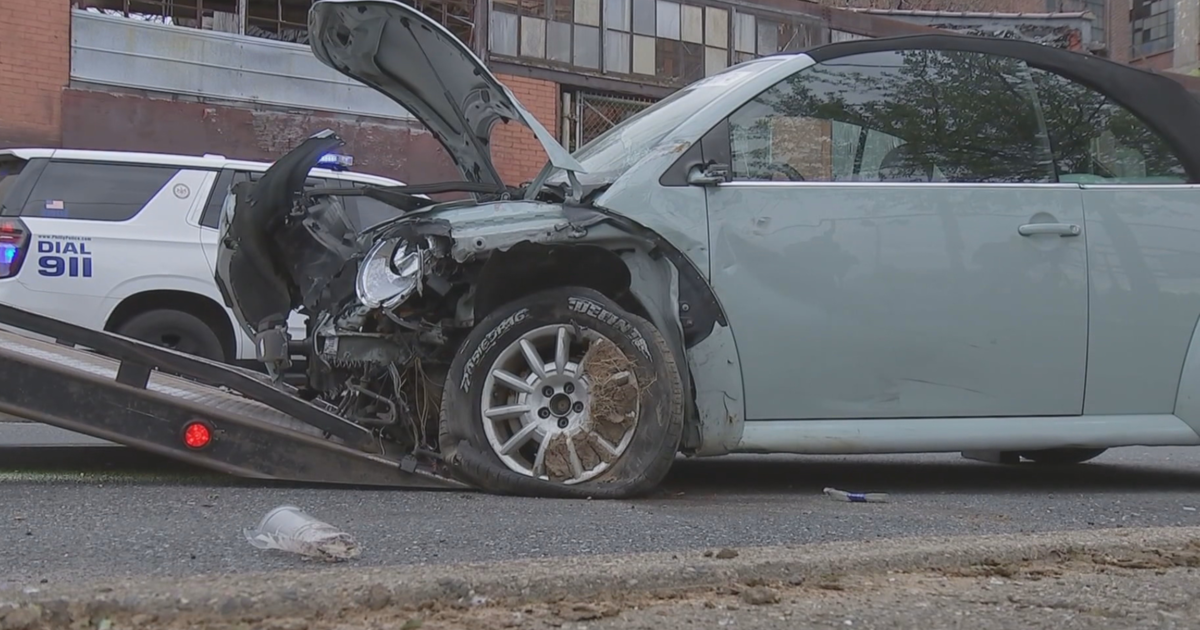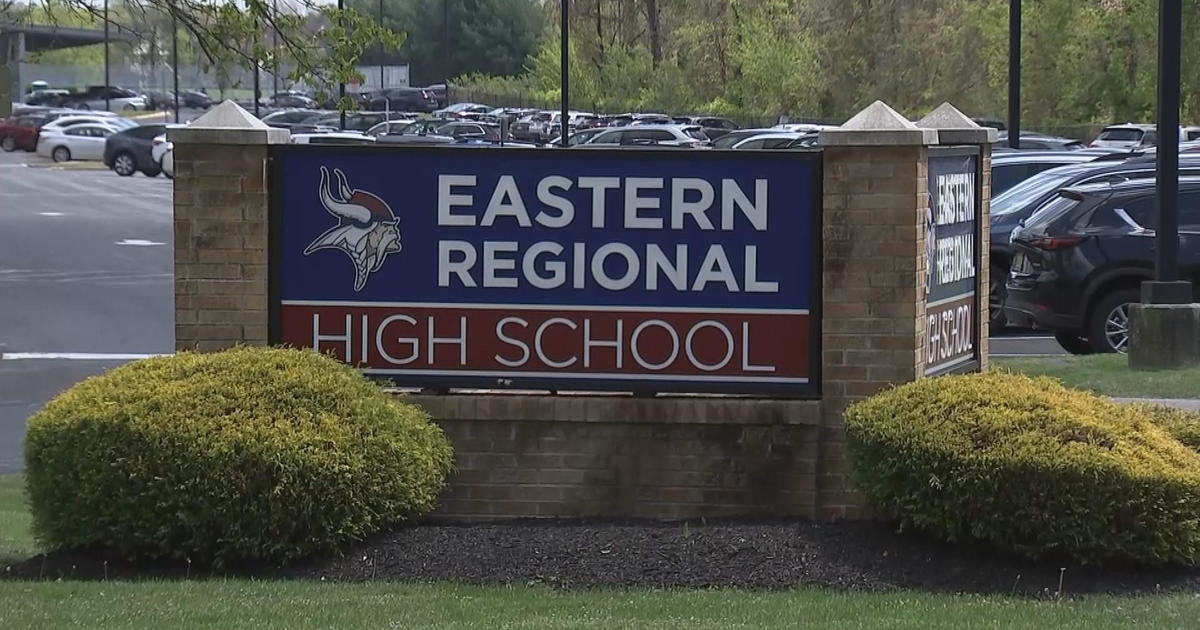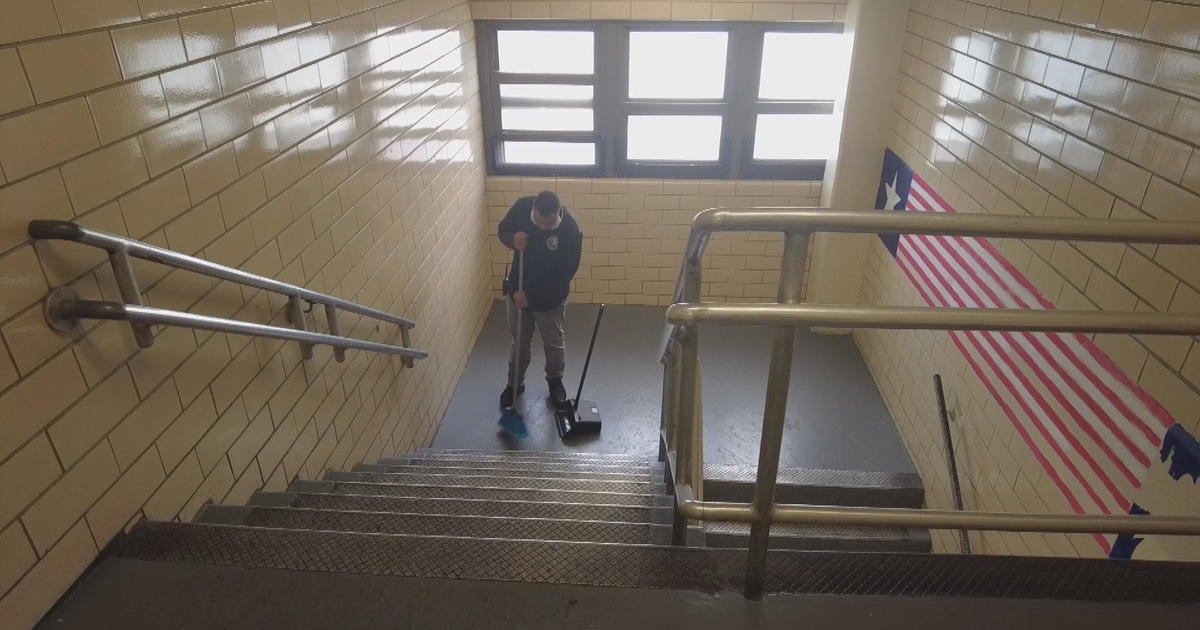Philadelphia Soda Tax Study Sees Sales Dip, Public Health Impact Unclear
PHILADELPHIA (CBS) – The controversial Philadelphia soda tax has reduced sales of sweetened drinks in the city, according to a new study released from Penn Medicine. While sales might be down, the question remains, has the soda tax improved health in Philadelphia?
Opponents say it's hurt the economy and there are studies on both sides with conflicting outcomes.
The research out Tuesday comes from health advocates who support the tax.
According to the study, 83 million fewer cans of sugary soda was sold in Philadelphia one year after the tax was added to sweetened beverages.
"Really great news for public health," Dr. Christina Roberto, who was part of the research at Penn, said.
Philadelphia Soda Tax Helps Send Thousands Of Kids To Pre-K In Its First 2 Years
Health outcomes weren't measured specifically in the study, but Roberto said sweetened drinks have contributed to the obesity epidemic and several other health problems like heart disease and diabetes.
"The sweetened beverage tax in Philadelphia led to a 51% drop in taxed beverage sales in the city," Roberto said, "but we see some people did cross the city line to buy those drinks and avoid the tax about 13%."
It ended up being a 38% drop in soda sales from nearly 300 supermarkets in and around Philadelphia.
While the soda sales have gone down, researchers aren't completely sure if consumption has.
Philadelphia ShopRite Owner Blames City's Soda Tax For Store Closing
"But the reduction is so large, it's hard to imagine it doesn't translate into what people are acutely putting in their mouth at the end of the day," Roberto said.
The soda tax has generated more than $130 million for free preschool programs in the city.
But opponents say the tax has had a negative economic impact.
"This latest study verifies why a majority of Philadelphians want this tax repealed: it has caused punishing price hikes that have hurt working families and sent shoppers to stores outside the city," American Beverage Association said. "As a result, we've seen local businesses close and employees lose jobs. Taxes on common grocery items like beverages have never really improved public health."
The Penn researchers, however, say they found no change in unemployment claims impacted by the soda tax. The research, published by the Journal of the American Medical Association, was funded by Michael Bloomberg's foundation, which supports anti-obesity measures including soda taxes.



